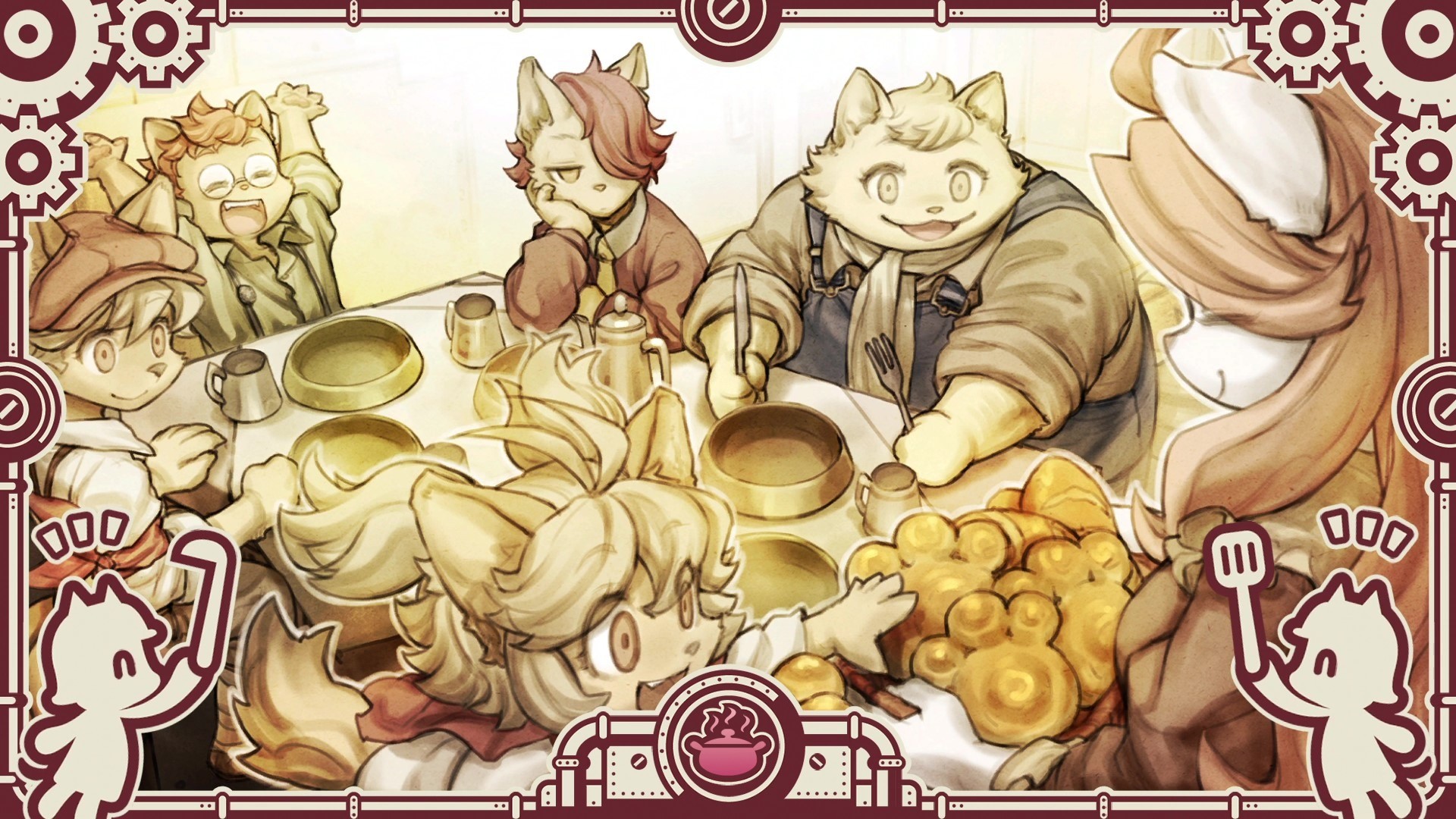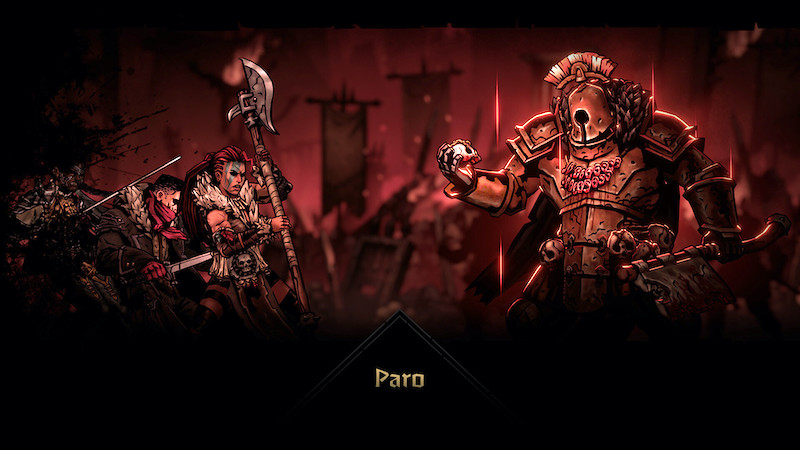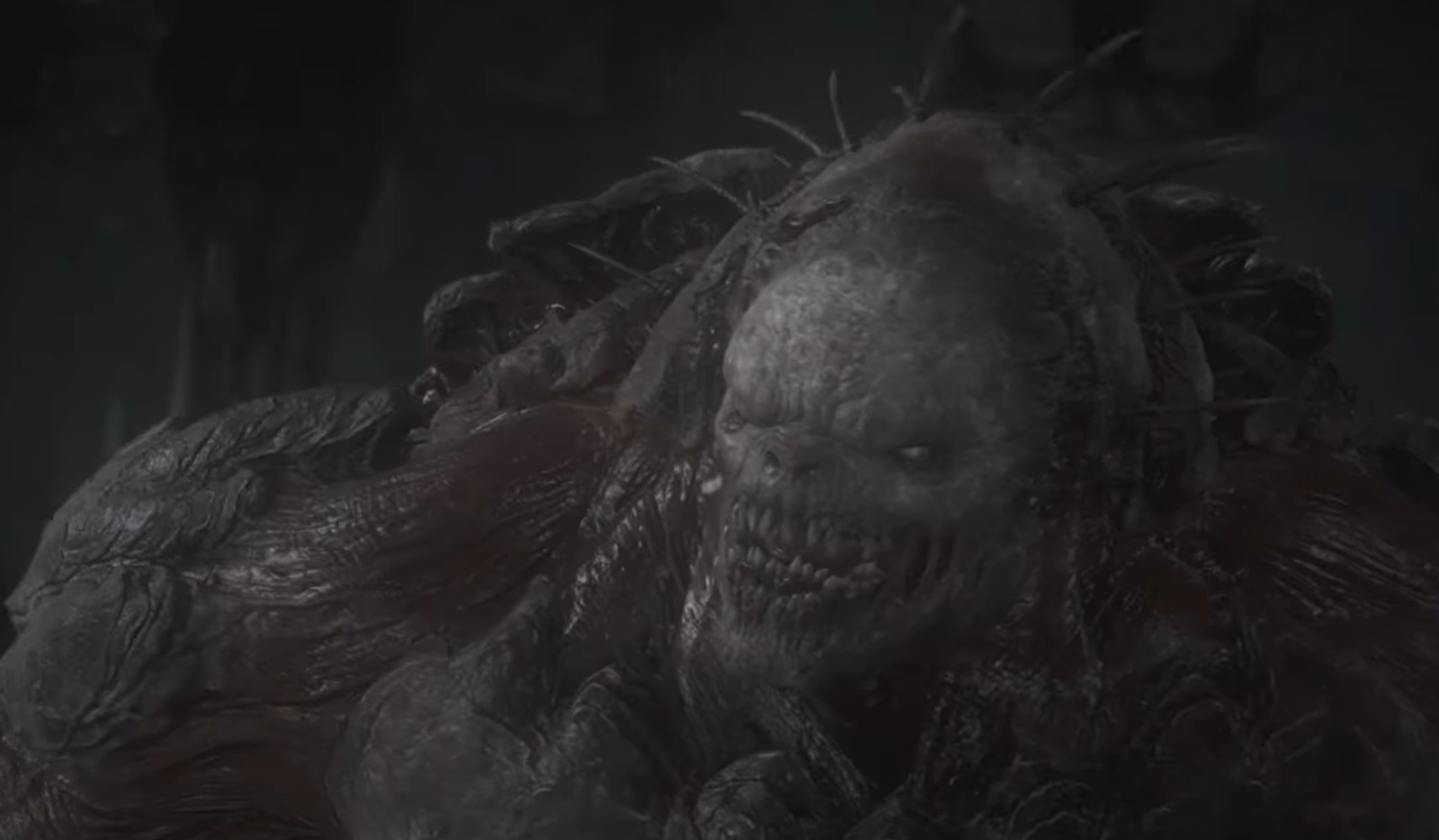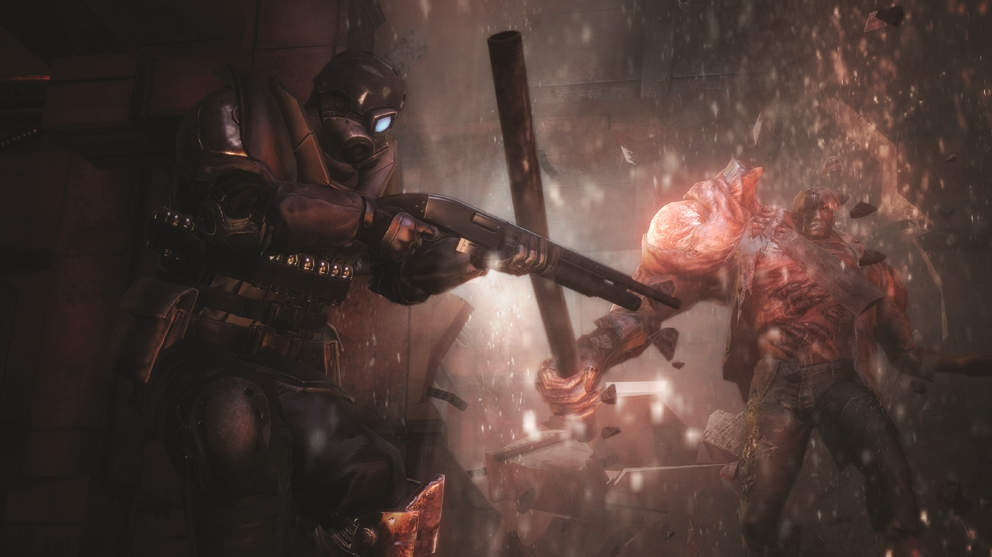
Fuga: Melodies of Steel – A Tactical Game About Horrifying Sacrifices
Fuga: Melodies of Steel is a tactical game with a weapon that will literally win every single encounter you use it in. Probably doesn’t sound too horrific, though. Facing down powerful enemy tanks and flying machines isn’t especially scary when you’re driving a massive tank with three cannons. Doubly so when you can use the Soul Cannon to sweep the board in a pinch. What’s deeply unsettling about the weapon is the price of firing it. One shot will cost the life of one of your main characters.
Oh yeah, your characters are children. Cute animal children, at that. Still ready to pull that trigger?
The game is a deeply challenging, yet interesting tactical title. You have three different weapon types. Cannons, machine guns, and grenade launchers all have different accuracies and enemies they work best against. If you shoot a foe with the correct weapon, you can slow that enemy’s next turn. You also get to have three different weapons in play at once, so you should be able to keep your foe at bay without much trouble. Right?
Except that armor and special abilities will make it so you’re really just slowing the inevitable. Fuga: Melodies of Steel is full of relentless enemies with clever powers that will keep the pressure on you all the time. Enemy groups are also designed to force you to make difficult decisions about which weapons you keep equipped. You can swap them out if you need to, but you can only do this every few turns. Encounters also consist of a handful of fights with some limited healing in-between, so each battle is an endurance match. A mistake in the first round might be what kills you in the fifth.

There’s no grinding in the game to grow more powerful, either. Once an encounter is done, it’s done. You also only gain a pittance of items from regular battles, and there’s no currency in the game. You can’t just buy enough items to keep yourself safe. Can’t grind easy battles so you’re tough enough for the later ones.
That’s not to say you can’t grow stronger throughout Fuga: Melodies of Steel.You can get a few items for upgrades or increase the power of your weapons. That’s done by doing activities between battles in an encounter. You can fish around for items, put together upgrades, or have the main characters talk to one another or enjoy a meal together. Making closer friendships between the characters makes them stronger and gives them extra combat abilities, so you definitely want to have a chat. The challenge is that you can only do a few activities between rounds before the new fight starts, so you have to choose your activities carefully.
That friendly chat between characters is where the game really begins to show its insidiousness. The six starting characters (and you can add more over time) will go through growing friendships with one another as you have them speak. It’s nice to gain new abilities in doing so, but watching these adorable kids deal with their feelings about warfare, as well as just having quiet moments with another, makes you connect with them, emotionally. You can’t help but root for them as they deal with their missing parents, or feel touched at these moments of joy they find among the horrors of war.

So Fuga: Melodies of Steel makes sure you feel a deep connection with these characters. That they’re children might also hit you hard, depending on your feelings about kids. Being a dad sure didn’t make this easier. Even if you feel nothing for these kids, though, they’re connected to the weapons you can equip. Each one represents your combat effectiveness, as they carry special abilities and your weapon powers. No matter what, these kids MEAN something to you.
Now, you come across an enemy that far outclasses you. Maybe you’re just too weak from the previous rounds. You made a couple of mistakes and your health is low. There doesn’t seem to be any way to crack through the enemy’s armor fast enough. They’re killing you too quickly. You still have your ultimate weapon to use: the Soul Cannon. Fire it once, and your troubles will go away. It’ll just cost one of those characters you’ve been spending so much time with.
Who will you sacrifice? The twelve-year-old shepherd boy? Hanna, the young girl who hopes to be a doctor some day? The gentle pacifist who wants this all to end? What about the shepherd’s tiny sister? Who should die so that the rest survive? How do you decide to kill one of them when you’ve spent so much time together with them? When you’ve watched their friendship grow with these frightened, but resilient, children? Fuga: Melodies of Steel demands you answer this question.

The longer you think on it, the worse the question gets. Do you kill someone you don’t like? Does someone deserve to die just because you feel nothing for them? Even if you feel nothing, do you risk losing an effective character permanently to win this match? Are you hamstringing yourself and ensuring a future loss by killing this one character? All these thoughts boil in your head.
This weapon doesn’t just occupy your mind when you’re thinking of using it. It poisons your thoughts almost constantly. With every decision, you worry if this is the screw-up that will force you to use it. To kill one of the characters you’ve grown to care about. When you pick what to do with your time between rounds, are you dooming an innocent child to death? As you make friends among them, do you purposely leave someone out because you know it will be painful to watch them die by YOUR hand? You cannot escape this powerful, but awful, choice throughout the entirety of Fuga: Melodies of Steel.
Again, this is a great tactical game, but one that thrums with terror every moment you play it. You’re constantly filled with dread at the sickening choice you may have to make. You continually mull over every tactical decision because it may be the one flaw that leads to a child’s death. The game does a great job of building connections with these cute characters, but the whole while, you always wonder if this will be the smiling face you condemn to die. It makes every decision incredibly tense and fearful, making for a game that’s difficult to stop playing, but also one where I spent every moment terrified of what my failures would cost.




